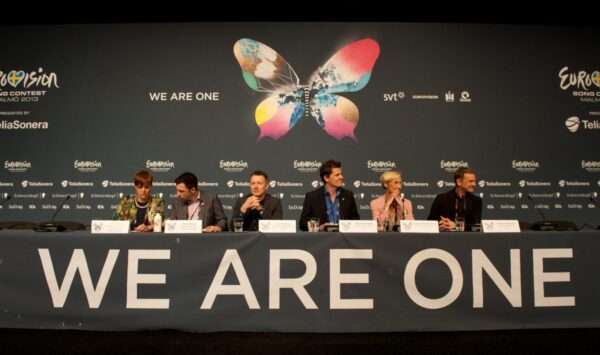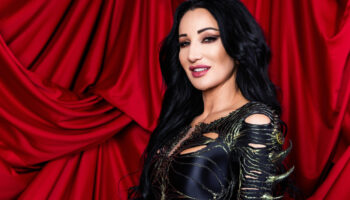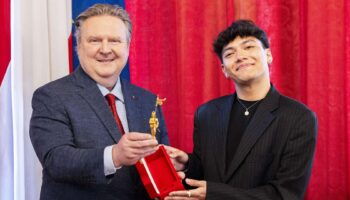Following the circulation of a hidden-camera video which shows persons unknown attempting to buy votes for the Azeri participant , the executive supervisor of the Eurovision Song Contest, Jon Ola Sand, ends all the discussions about the accuracy of the final result with an official statement published on eurovision.tv
Days after the publication of a secretly filmed video where two Lithuanian journalists met with persons unknown who were willing to buy their votes for Azerbaijan in the final, one more story makes headlines today in Lithuania. This time, in DELFI.lt, a young man claims he was approached by two Russian speaking persons who tried to buy his votes for Russia. The question emerging after those two incidents is one “Who to believe?”
On behalf of the EBU and with reference to the first video, Mr. Sand commented:
“We are looking into this case, but would emphasise that the intentions of these individuals have not yet been clarified, and nor has a link been established between the individuals in the video and the Azeri delegation, the Azeri act or the Azeri EBU Member Ictimai TV.”
The “missing” Russian votes
One more story making headlines across Europe is the order the President of Azerbaijan gave to the authorities to investigate the fact that Azerbaijan gave nil points to Russia despite the fact that the tele-voters gave Dina Garipova 12 points. As soon as the contest was over, Russian Foreign Minister Sergei Lavrov demanded an explanation from his Azeri counterpart and went as far as to make threats according to sky.com
“We arranged with Elmar Mammadyarov (Minister of Foreign Affairs of Azerbaijan) that after the public television of Azerbaijan clears the legal way for a genuine explanation – we will then co-ordinate our joint action so that this outrageous incident doesn’t go unanswered.” said Mr Lavrov as reported by sky.com.
The EBU’s reaction to this investigation was to protect the juries and their independency by trying to keep away the Eurovision Song Contest from any kind of political games.
“We believe that the Song Contest’s apolitical spirit is a cornerstone of its enduring success, and we will do all we can to protect it.”
On their statement, EBU explained and defended the juries existence.
“To assure a fair jury voting, judges are asked to sign a document declaring their independency, and are asked to submit details about their professional background. The jury voting is overlooked by an independent notary who confirms to the EBU and PwC that the voting has been conducted in accordance with the Rules.”
“Based on all criteria laid out in the Rules, PwC confirmed to the EBU the validity of the result of the 2013 Eurovision Song Contest.”




